June 26, 2017
US experiences huge increase in telecommuting since 2005, claims study 0
 FlexJobs and Global Workplace Analytics have published their 2017 State of Telecommuting in the US Employee Workforce report, which claims to be the most up-to-date and comprehensive data analysis available on the state of working from home in the United States. According to the study, the number of people telecommuting in the US increased by 115 percent between 2005 and 2015. Other key findings of the study include: 3.9 million U.S. employees, or 2.9 percent of the total U.S. workforce, work from home at least half of the time, up from 1.8 million in 2005 (a 115 percent increase since 2005); the average telecommuter is 46 years of age or older, has at least a bachelor’s degree, and earns a higher median salary than an in-office worker; roughly the same population of women and men telecommute; and in more than half of the top US metro areas telecommuting exceeds public transportation as the commute option of choice. The report’s definition of telecommuting refers to non-self-employed people who principally work from home at least half of the time.
FlexJobs and Global Workplace Analytics have published their 2017 State of Telecommuting in the US Employee Workforce report, which claims to be the most up-to-date and comprehensive data analysis available on the state of working from home in the United States. According to the study, the number of people telecommuting in the US increased by 115 percent between 2005 and 2015. Other key findings of the study include: 3.9 million U.S. employees, or 2.9 percent of the total U.S. workforce, work from home at least half of the time, up from 1.8 million in 2005 (a 115 percent increase since 2005); the average telecommuter is 46 years of age or older, has at least a bachelor’s degree, and earns a higher median salary than an in-office worker; roughly the same population of women and men telecommute; and in more than half of the top US metro areas telecommuting exceeds public transportation as the commute option of choice. The report’s definition of telecommuting refers to non-self-employed people who principally work from home at least half of the time.
(more…)







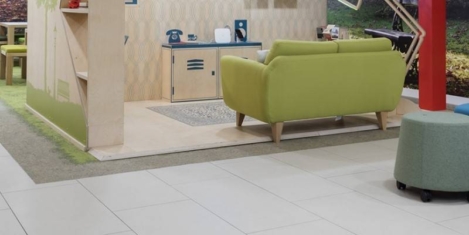
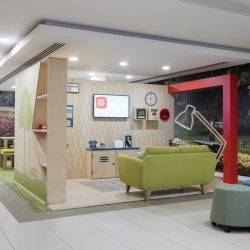




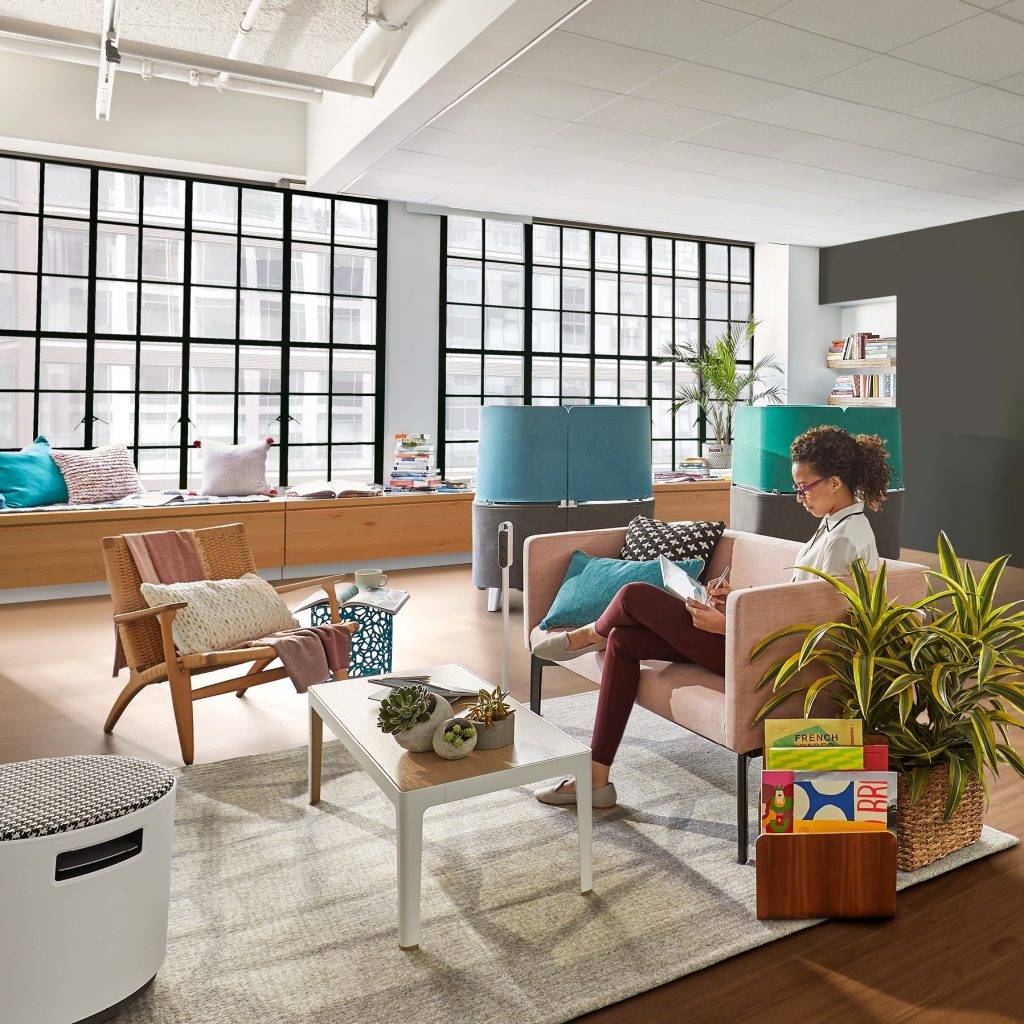
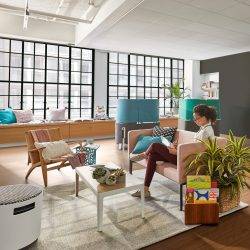
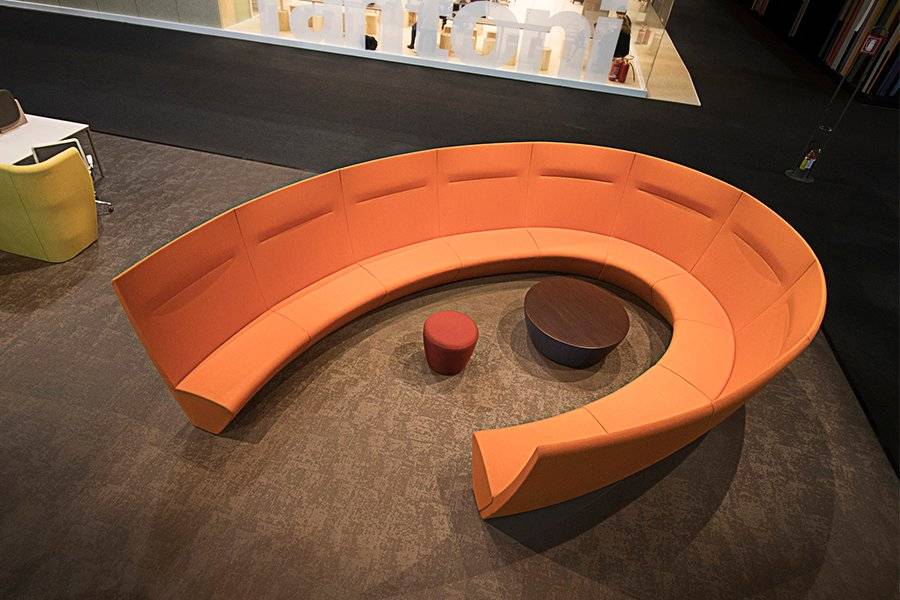
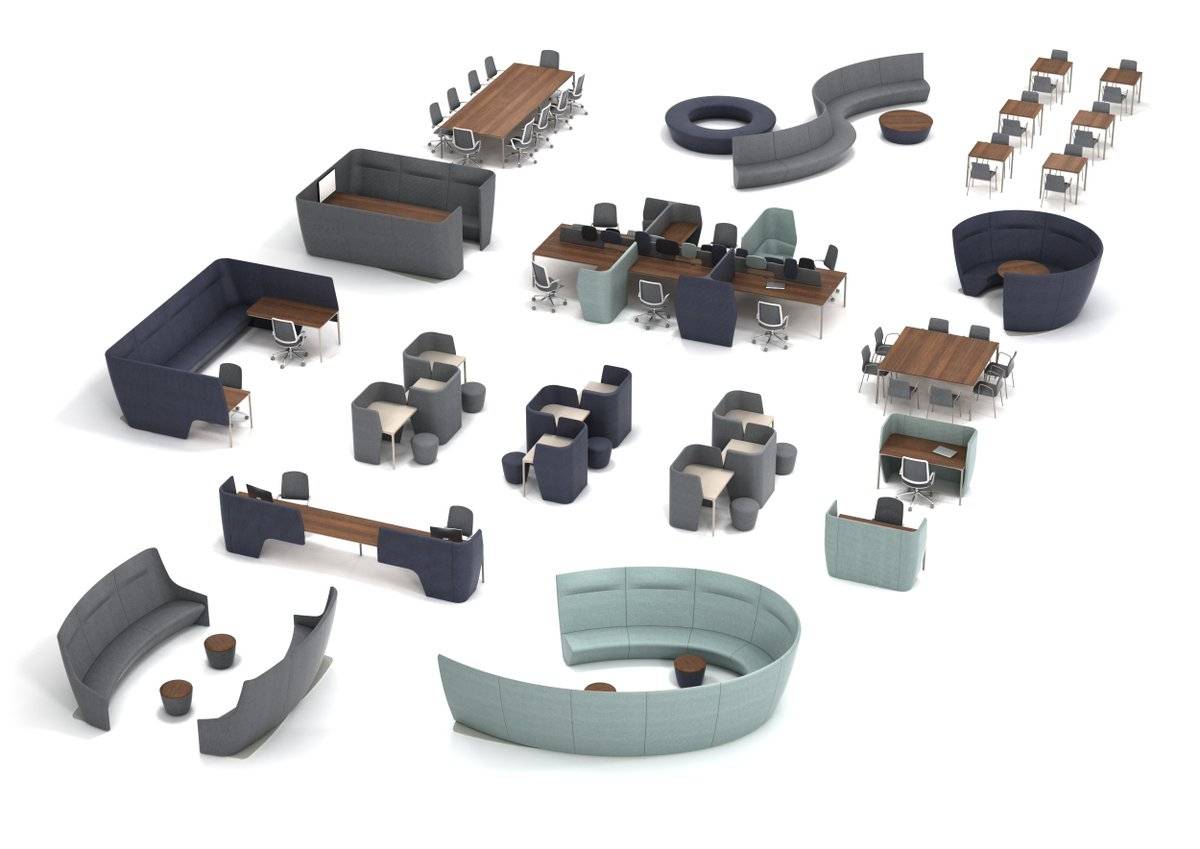
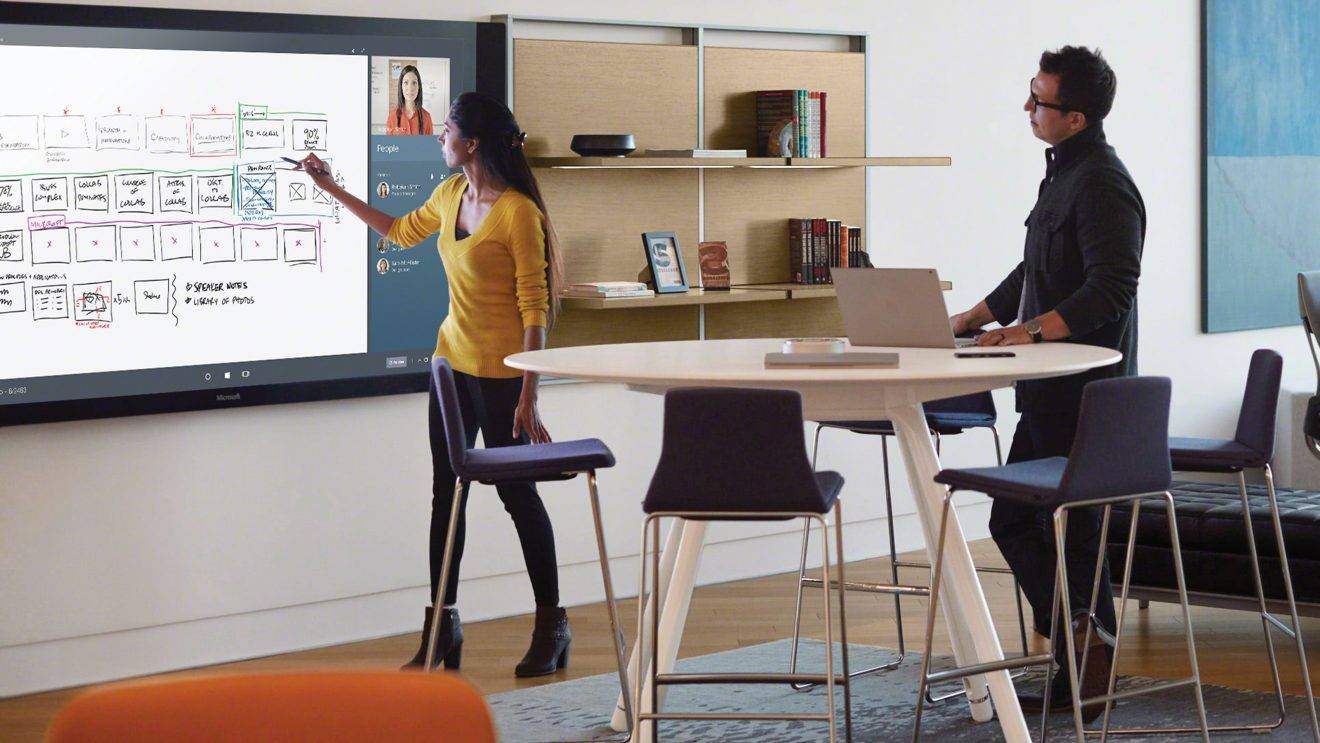
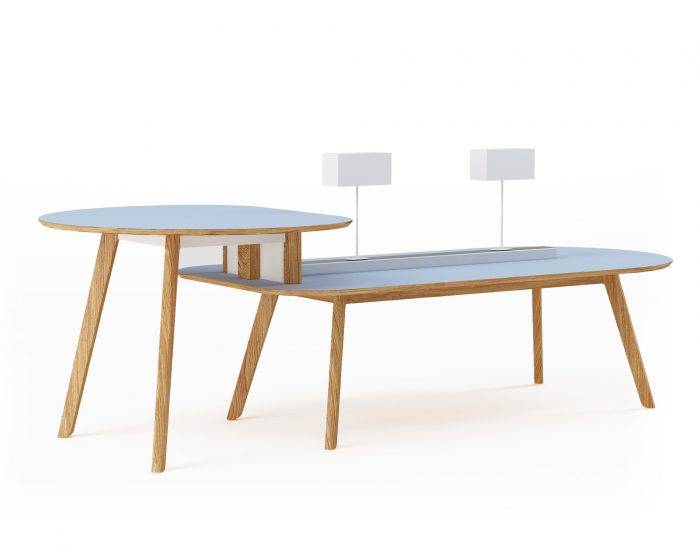
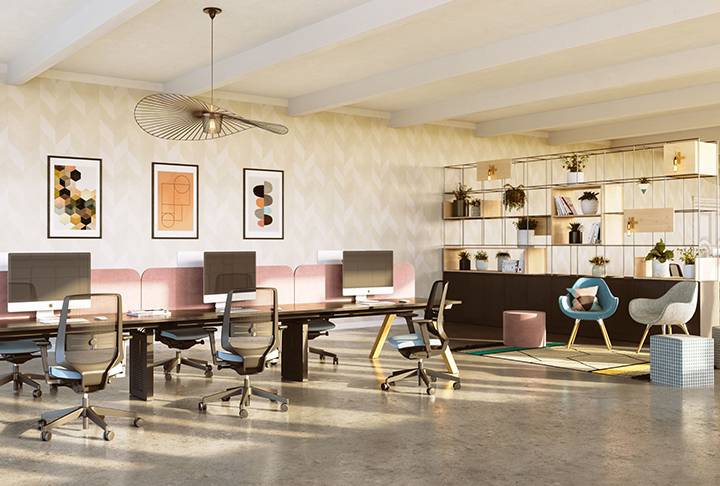
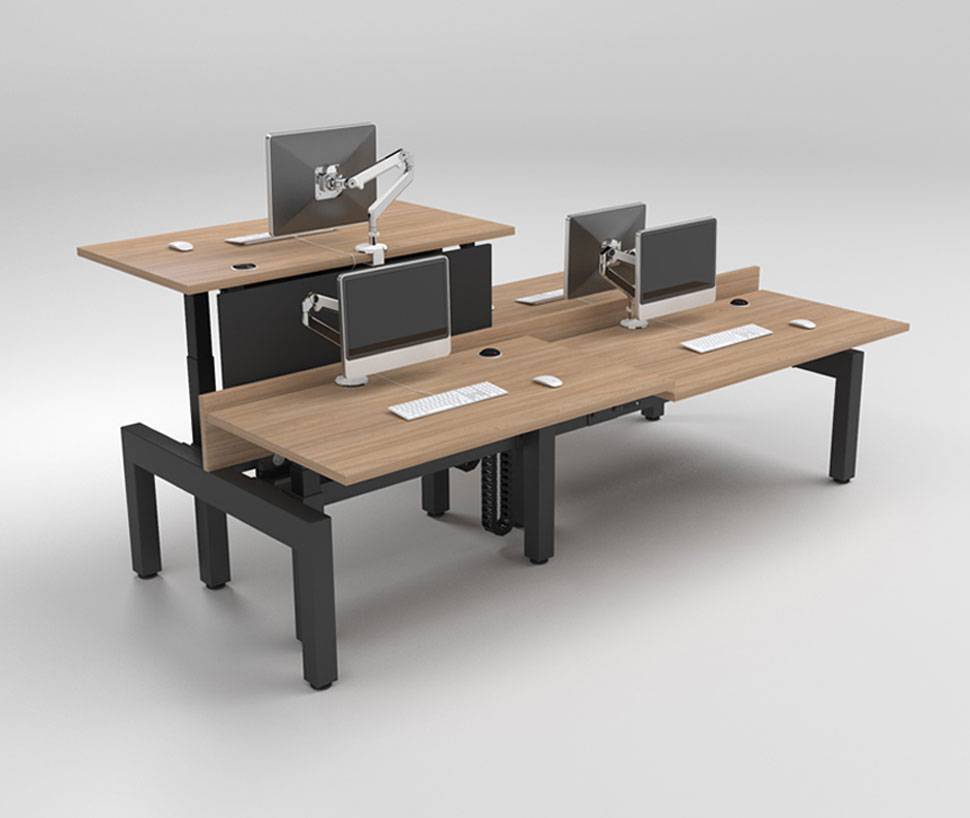



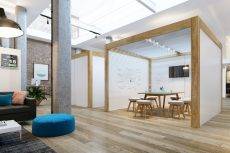
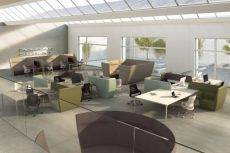
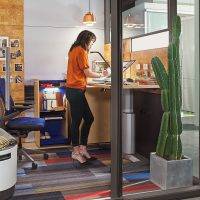
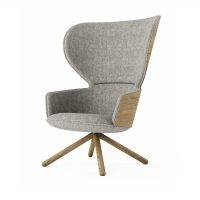
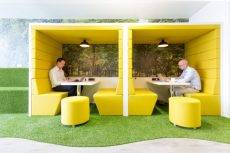




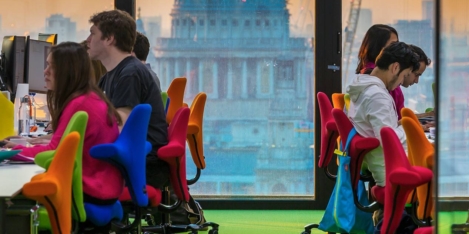


 The majority (79 percent) of workers say reliable and modern technology is more important to them than office aesthetics, while accessories such as ping pong tables, slides, hammocks and wacky office designs may look good in pictures, but they don’t necessarily make employees any happier or productive. The is according to a survey, conducted by storage firm Kiwi Movers, which found that 86 percent of UK adults who work in an office said fun features were of no specific value to their working life, 11 percent said they were nice-to-have and of some value and 3 percent said they were very valuable. The most popular office perks are those offer an immediate tangible benefit to the employee, but even so, as many as 23 percent don’t take advantage every day; while 71 percent overall said they’d like more space in their office and of those, 58 percent believe that could be achieved by removing non-essential items. The research also found that younger workers were more likely on average to take advantage of ‘environmental’ perks like chill out areas and recreational equipment.
The majority (79 percent) of workers say reliable and modern technology is more important to them than office aesthetics, while accessories such as ping pong tables, slides, hammocks and wacky office designs may look good in pictures, but they don’t necessarily make employees any happier or productive. The is according to a survey, conducted by storage firm Kiwi Movers, which found that 86 percent of UK adults who work in an office said fun features were of no specific value to their working life, 11 percent said they were nice-to-have and of some value and 3 percent said they were very valuable. The most popular office perks are those offer an immediate tangible benefit to the employee, but even so, as many as 23 percent don’t take advantage every day; while 71 percent overall said they’d like more space in their office and of those, 58 percent believe that could be achieved by removing non-essential items. The research also found that younger workers were more likely on average to take advantage of ‘environmental’ perks like chill out areas and recreational equipment.










June 30, 2017
Why using recyclable materials is no longer enough to protect the environment 0
by Michael Tyerman • Comment, Environment, Workplace design
(more…)